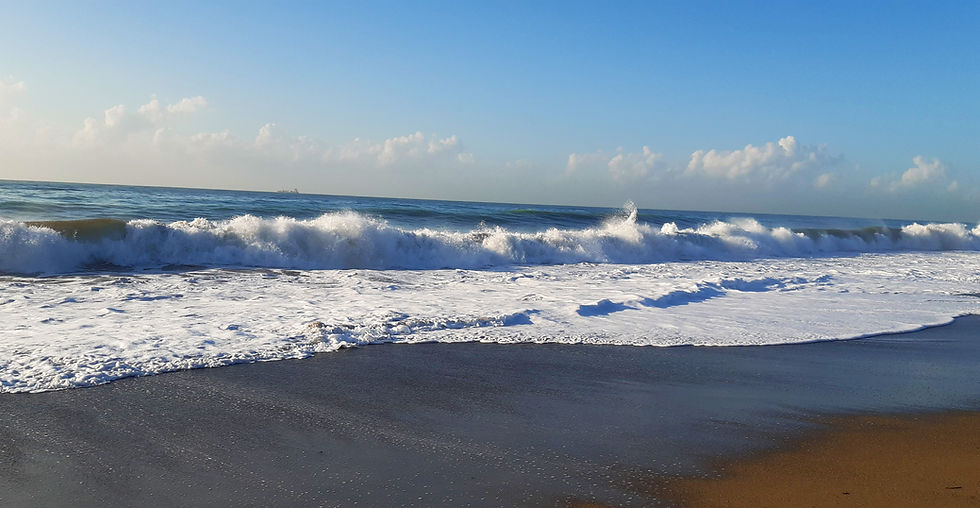Healthy eating = ???
- Susie Csorsz Brown
- Apr 24, 2019
- 3 min read
Sometimes, the hardest thing in the world to be sure about is what to put in your mouth. Is it good for you? Bad for you? Going to increase your bad cholesterol? Make your gut react? Is it going to make you feel sluggish? From a non-sustainable source? Is it full of fake colors or preservatives? Is it overly-processed? Is it bad for your karma? Is it instagramable? Would your mother be happy you are eating it? Would your kids eat it? Can you make enough to portion it out for lunch boxes? ...
Eating healthy, making dinner, having a meal should not/not be anxiety inducing. It can be very confusing, especially if you pay any attention to news and health updates which veer dramatically from one side to the next on what is and is not healthy. Foods can jump from one category to the next overnight.
The thing is, powders are not foods. Chemicals and added substances are not foods. Real foods are foods. If what is on your plate spent time in a lab, then likely it is not as good for you as another option might be. Powdered anything is not as good for you as, say, the actual live plant might be. A big fad a few years ago was moringa powder. We happened to be living in Senegal at the time, where the scrubby moringa tree could be found on literally every other corner, but not everyone is so lucky to have their own. Does that mean that you should just opt out? That's a decision you have to make for yourself. And sure, moringa is touted to have an amazing nutritional profile ... but how much of those superpowers stay after all of that processing? Is there another green leafy option you have near you that you can use instead, and in leafy form?
While I am a huge fan of eating foods as close to the state Ma Nature created as possible, sometimes that just isn't possible. Depending on where you live, what your income level is, how landlocked you might be, different foods are (or are not) available to you. And, to make things more complicated, we are also told to be as environmentally conscious as possible, and eat foods that are sourced locally. Don't eat dragon fruit if it is being flown in from Thailand, for example. (but, really, by all means, if you ever get the chance and you are inThailand/Cambodia, please try it. Dragon fruit when ripe is amazing. As is a pomelo which is also found around that part of the world.)
It's funny to me when I hear of 'super foods' and the referenced food item is not even a food, but a powder or processed something or other. To me, super food means just that, a food. When in doubt, pick 'not processed'. Okay, sure, there are some things that are pretty much always sold in an altered state: cocoa powder, for example. Cashews. Olives. Coffee Some of these foods can't be eaten in their natural form. That doesn't mean that they should be avoided. I guess this highlights that one can't make sweeping assumptions. That said, know what you are putting in your mouth, and make mindful decisions about what it is doing for you. Sometimes, you really do just need to eat something because it tastes awesome (chocolate cake, anyone?) . Sometimes, you need to opt for things that taste great AND are good for you. The two qualities are not mutually exclusive.



Comments